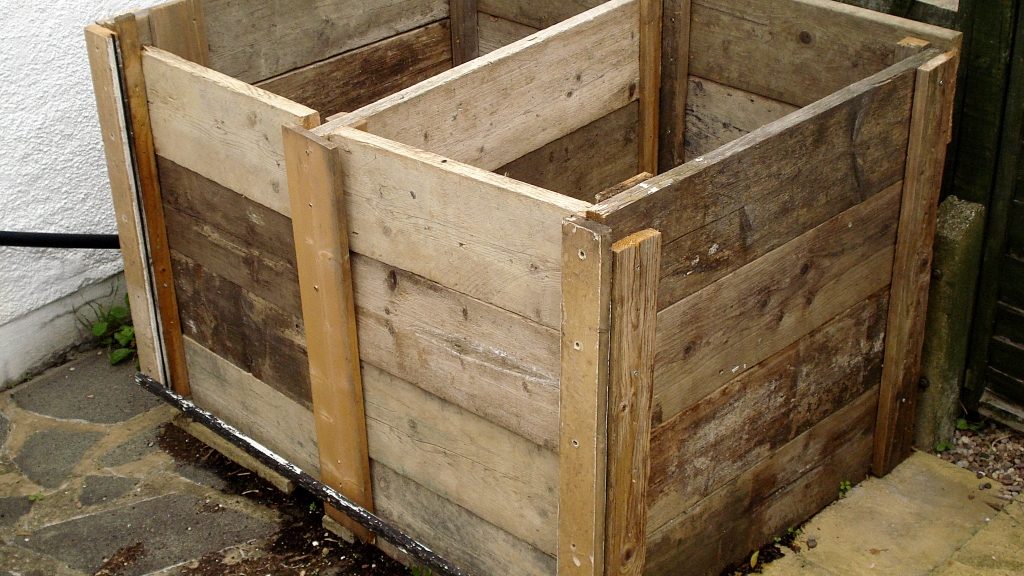A while back, a friend posted on Facebook that her family was building a compost bin and she was looking for tips. She also mentioned that she was saving kitchen scraps (but no meat or dairy) and what do people think about the “compostable” bags?
Whoo. I try to be a well-rounded geek, and I spend a lot of time doing yard work, gardening, and of course, collecting leaves for the compost pile (to the point where in the fall, the neighbors have started bringing leaves directly to me, skipping the step where I “steal” them from the curb.
The quick version of what I posted on Facebook is:
- No meat/dairy – because it attracts vermin, it attracts flies, and it stinks.
- No kitchen waste – that’s apple cores, wilted lettuce, etc. Why? Because it attracts vermin. If you’re lucky, it’s just flies and mice. If you’re unlucky? Rats and raccoons.
- The aforementioned kitchen waste is awesome however for a worm bin.
- So what does go in the compost bin? Fall leaves, non-diseased pieces of non-woody plants, and more fall leaves.
- Coffee grounds are also good in the compost pile. They help the leaves turn to humus much faster.
For the “compostable bags” though… it depends on what they are. If it’s brown paper bags, technically, you could compost them. But recycling is probably a better choice. (I’ve composted cardboard in the past, but unless you tear it up into small pieces, it’s gonna take a long time to break down And any other paper should definitely be recycled, with one exception: shredded newspaper is good for worm bins.
On other hand, if the bags are those so-called “compostable plastic” bags (or any other sort of “compostable” plastic), then they don’t belong in a home compost pile. Those things require an industrial composter and won’t break down in your garden compost pile.
Related reading:
If you’ve read this far, you could do far worse than to visit the You Bet Your Garden question of the week archive, type “compost” into the search box (the one in the middle of the page, not at the top), and read everything that comes up.
For starters, check out the Compost 101 article .
There’s a good starting point for reading about worm bins.
(Image by flickr user kake_pugh licensed via CC BY-NC-SA 2.0)
